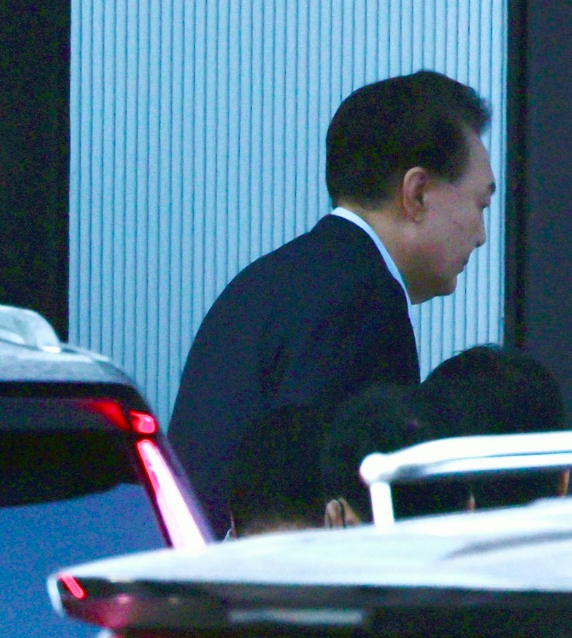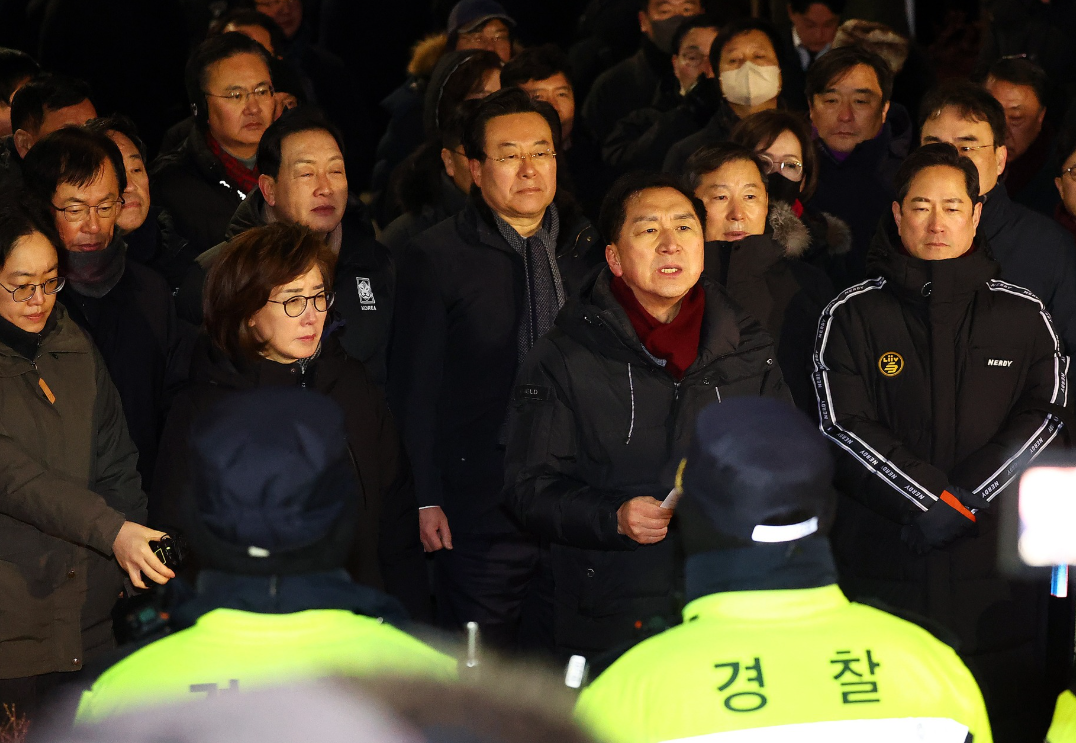South Korea witnessed an unprecedented political development as its suspended President, Yoon Suk-yeol, was arrested for questioning by the Corruption Eradication Commission. This historic event marks the first instance of a sitting South Korean president being detained during their term in office.

The arrest occurred early on January 15, with investigators reportedly escorting President Yoon from his residence. The incident follows months of political tension, culminating in Yoon’s controversial declaration of martial law on December 3, which he lifted just six hours later. Despite the brief duration, the declaration intensified public scrutiny of his leadership.
Parliament had already voted to impeach Yoon amid allegations of corruption and abuse of power. Reports suggest the president’s security detail previously obstructed investigators from accessing the presidential office and residence. However, they ultimately allowed the arrest to proceed without resistance.
The arrest scene reportedly included both supporters and critics of President Yoon. His supporters expressed outrage, while opponents hailed it as a step toward justice and accountability.
This dramatic turn of events underscores South Korea’s commitment to upholding democratic values and combating corruption at the highest levels of power. The situation has drawn international attention, with analysts highlighting its potential impact on the country’s political stability and global reputation.
As the investigation unfolds, South Korea’s political landscape remains tense, with questions about leadership integrity and governance dominating public discourse. Yoon’s case serves as a reminder of the challenges democracies face in balancing power and accountability.


Leave a Comment